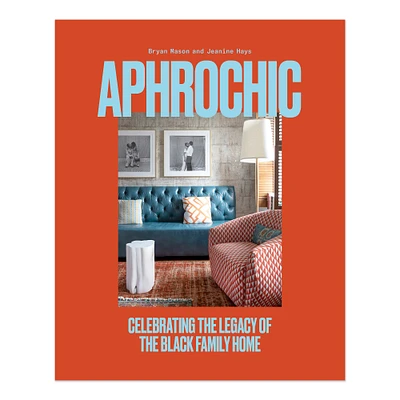Home
We Are Who We Say We Are: A Black Family's Search for Home Across the Atlantic World
Barnes and Noble
We Are Who We Say We Are: A Black Family's Search for Home Across the Atlantic World
Current price: $37.99


Barnes and Noble
We Are Who We Say We Are: A Black Family's Search for Home Across the Atlantic World
Current price: $37.99
Size: OS
Loading Inventory...
*Product information may vary - to confirm product availability, pricing, shipping and return information please contact Barnes and Noble
This colored Creole story offers a unique historical lens through which to understand the issues of migration, immigration, passing, identity, and color-forces that still shape American society today.
We Are Who We Say We Are
provides a detailed, nuanced account of shifting forms of racial identification within an extended familial network and constrained by law and social reality.
Author Mary Frances Berry, a well-known expert in the field, focuses on the complexity and malleability of racial meanings within the US over generations. Colored Creoles, similar to other immigrants and refugees, passed back and forth in the Atlantic world. Color was the cause and consequence for migration and identity, splitting the community between dark and light. Color could also split families. Louis Antoine Snaer, a free man of color and an officer in the Union Army who passed back and forth across the color line, had several brothers and sisters. Some chose to "pass" and some decided to remain "colored," even though they too, could have passed. This rich global history, beginning in Europewith episodes in Haiti, Cuba, Louisiana, and Californiaemphasizes the diversity of the Atlantic World experience.
We Are Who We Say We Are
provides a detailed, nuanced account of shifting forms of racial identification within an extended familial network and constrained by law and social reality.
Author Mary Frances Berry, a well-known expert in the field, focuses on the complexity and malleability of racial meanings within the US over generations. Colored Creoles, similar to other immigrants and refugees, passed back and forth in the Atlantic world. Color was the cause and consequence for migration and identity, splitting the community between dark and light. Color could also split families. Louis Antoine Snaer, a free man of color and an officer in the Union Army who passed back and forth across the color line, had several brothers and sisters. Some chose to "pass" and some decided to remain "colored," even though they too, could have passed. This rich global history, beginning in Europewith episodes in Haiti, Cuba, Louisiana, and Californiaemphasizes the diversity of the Atlantic World experience.

















